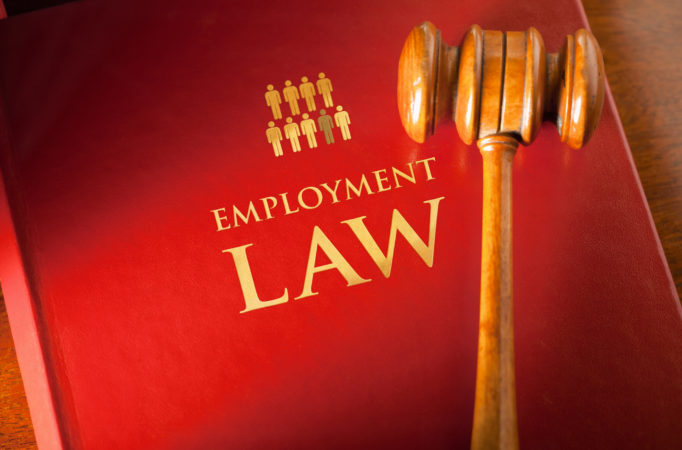Employment & Labor Law
Coronavirus Leave Pay Resulting From Governors Orders & Federal Coronavirus Relief Act
I predict that the stay at home orders issued by numerous state Governors, including Ohio, Pennsylvania (limited to seven counties including Allegheny), and West Virginia, in combination with last Wednesday’s federal Families First Coronavirus Relief Act, will trigger an employer obligation to pay a two week paid leave benefit created in the Act, which applies to small and mid-size businesses-defined as those with less than 500 employees. The I.R.S. will reimburse employers for the full cost of this paid leave.
The federal Relief Act calls for covered employers (with less than 500 employees) to give two weeks’ sick pay under a variety of circumstances that include employees unable to work due to a governmental quarantine order related to COVID-19. Employers obtain reimbursement for this cost by deducting the amount of the qualifying leave pay from their total quarterly submissions to the U.S. Treasury for the employer’s social security payroll taxes. If the qualifying leave pay cost is larger than the employer’s share of social security payroll tax withholding, the IRS will send a payment to the employer for the difference.
There are two key questions on which I am pressing the U.S. Department of Labor (“DOL”) for an answer and will provide updates as more information becomes available. My prediction is the DOL will confirm (1) the Relief Act is now in effect, and (2) these State stay-at-home orders count as a “quarantine’ under the Relief Act. The Relief Act says it is effective “not later than 15 days after” its enactment, so that could be any time from March 18 to April 2. The policy purposes of the Act call for immediate effectiveness. An I.R.S. press release on March 20 seems to indicate employers can now begin to take advantage of these refundable payroll tax credits for providing qualifying coronavirus-related paid leave under the Relief Act. As to whether these stay-at-home orders constitute a quarantine under this Act, it is not defined in the Act but a dictionary definition of “quarantine” includes “a restraint upon the activities or communication of persons or the transport of goods designed to prevent the spread of disease or pests.” It does not appear to require an absolute ban on leaving home, which should make the stay-at-home orders, despite their exceptions for essential activities, a qualifying trigger for the Relief Act’s paid leave. My prediction is both these points will be decided in favor of the paid leave applying. Acknowledging the risk of these uncertainties, employers may choose to move forward with this pay now to avoid their employees going without a paycheck before the DOL makes a decision. Once more information is obtained from the DOL, an update will be provided.
Details of the federal Relief Act are described in our email update last Thursday. Some key points are that this tax refund qualifying pay under the governmental quarantine condition is two weeks’ pay (80 hours for full-time employees, proportionately less for part-time workers), up to a maximum of $511 per day (and $5,110 in total). I also provide a link to the U.S. Internal Revenue Service’s announcement Friday describing in more detail the employer reimbursement process.
About Us
Claims and suits brought against employers by employees are a large part of the cases being handled by the Employment lawyers at Houston Harbaugh. We focus on assisting and counseling our clients to be positioned to avoid claims, and if the claims are brought, to be prepared to defend against them.

Craig M. Brooks - Practice Chair
An employment and labor attorney, Craig primarily represents management, providing advice on how to handle employee issues and actions, as well as defending or pursuing claims in court and before government agencies on matters.
An employment and labor attorney, Craig primarily represents management, providing advice on how to handle employee issues and actions, as well as defending or pursuing claims in court and before government agencies on matters including:
- Employment discrimination claims
- Wage and hour matters
- Sexual and other harassment investigations and claims
- Family and Medical Leave Act
- Wrongful discharge
- Labor/Union matters
- Restrictive covenants
- Affirmative action programs
- Defamation
- Privacy
Craig also represents individuals with advice and pursuing claims arising out of their employment.

